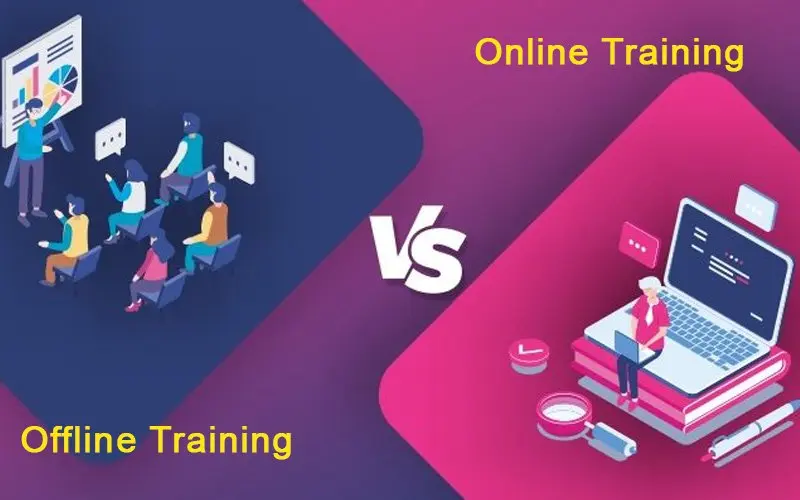
Compare offline and online AI training to find out which method suits you best for learning AI tools and future-ready skills.
When it comes to AI education, one of the most common debates is whether to choose online or offline training. Both formats have their strengths, but the choice can significantly impact how well learners grasp and apply AI concepts.
Online AI learning is often praised for its flexibility and convenience. Learners can access lessons from anywhere, pause and rewatch lectures, and manage their study time alongside work or other commitments. It also opens the door to global trainers and diverse communities. However, while online learning offers this freedom, it comes with certain limitations. Many learners struggle with self-discipline, unanswered doubts, or the lack of a structured environment. As a result, they may gain theoretical knowledge but find it difficult to apply it practically.
On the other hand, offline AI training institutes provide something that online platforms can rarely replicate—hands-on practice, real-time mentorship, and collaborative learning. In offline settings, students can directly interact with trainers, ask questions instantly, and work on guided projects that reflect real-world use cases. Group activities, brainstorming sessions, and peer-to-peer interactions create a dynamic learning atmosphere that accelerates skill development. Personalized feedback from trainers ensures that students not only understand concepts but also learn how to apply AI tools effectively in their careers or businesses.
For beginners stepping into AI for the first time, offline training often proves to be more effective. It builds strong foundations through structured lessons, live demonstrations, and practical exercises. For professionals or experienced learners, online courses can serve as a great complement, helping them deepen specific areas of knowledge while maintaining flexibility.
Ultimately, the ideal learning path often combines both online and offline experiences—using online courses for flexibility and exploration while relying on offline institutes for real-world application and personal mentorship. But when it comes to long-term skill-building, confidence, and career readiness, offline training institutes continue to stand out as the preferred choice for mastering AI.